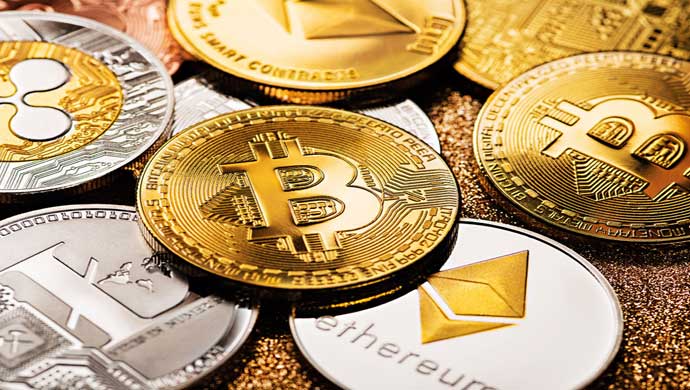On need for an official digital currency

India continued ambiguity over the legality of cryptocurrencies, its stance on introducing an official digital currency has been reassuringly clear and consistent over time. And, four years after an inter-ministerial committee recommended that India launch fiat money in digital form, the Reserve Bank of India has indicated that pilot projects to figure out its viability are likely to be launched soon.
Cryptocurrency and Regulation of Official Digital Currency Bill, 2021, is yet to be introduced. In recent years, the significant rise of private cryptocurrencies such as Bitcoin and Ether has spooked central banks throughout the world, and pushed the case for official digital currencies. Mr. Rabi Sankar himself cited a 2021 BIS survey of central banks, which found that 86% were actively researching the potential for such currencies, 60% were experimenting with the technology, and 14% were deploying pilot projects. There has been little doubt, therefore, that India needs a digital rupee.
There are crucial decisions to be made about the design of the currency with regards to how it will be issued, the degree of anonymity it will have, the kind of technology that is to be used, and so on. Also to be considered are possible impacts of the introduction of an official digital currency on people, the monetary policy, and the banking system. There are risks to be considered as well, not the least of which will be those emerging from cyberattacks. So, while India might have done exceedingly well in digital payments in recent years — the Deputy Governor said they have grown at a compounded annual growth rate of 55% over the last five years — the digital rupee will be something else altogether. Notwithstanding all these challenges, it would seem that the answer to Mr. Rabi Sankar’s speech title.
‘Central Bank Digital Currency – Is This the Future of Money’